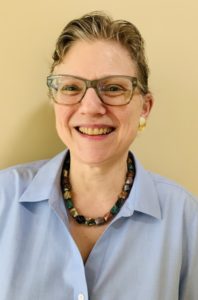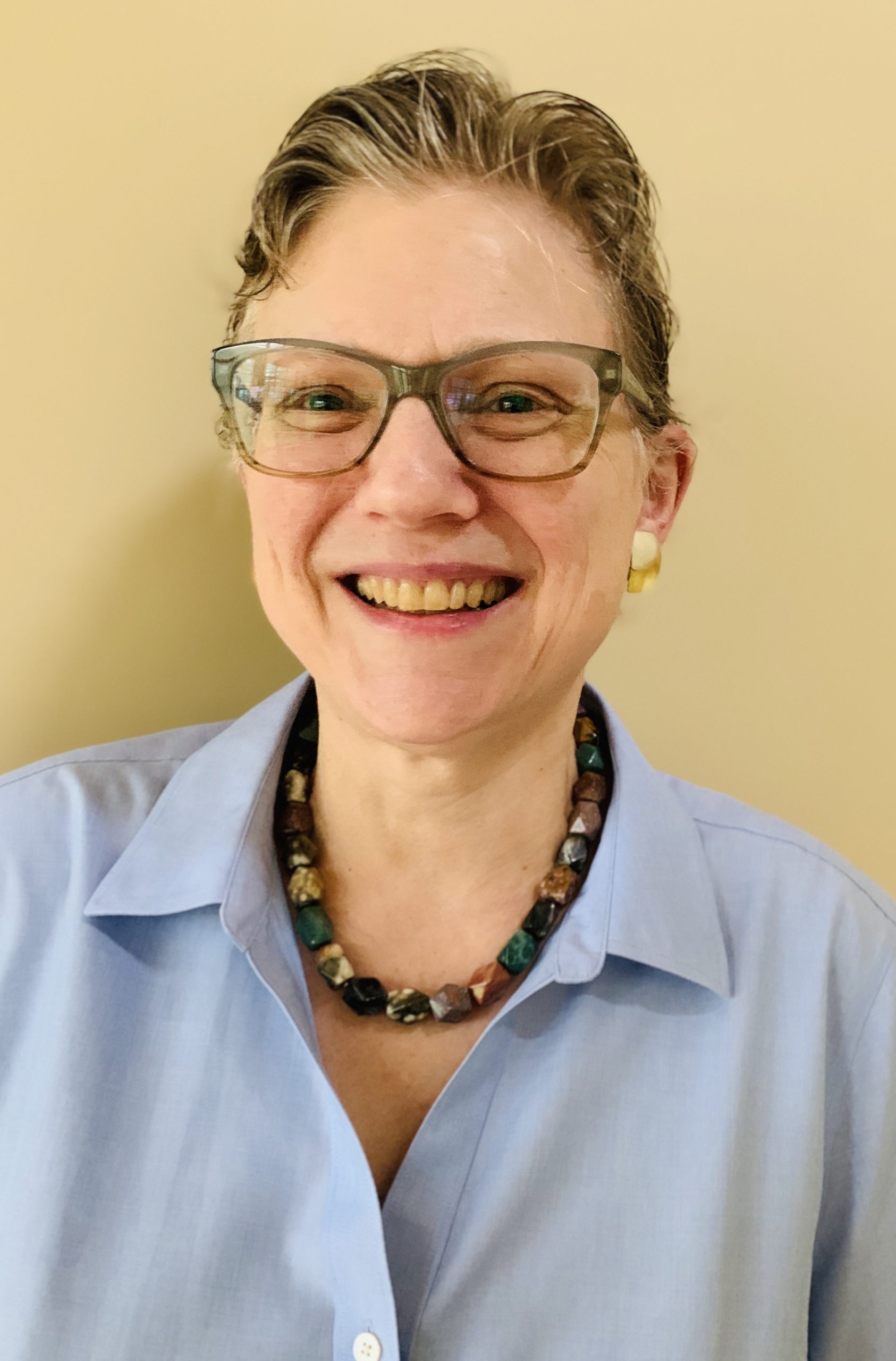 Reverend Mary Martha Thiel is the Director of Clinical Pastoral Education (CPE*) at Hebrew SeniorLife (HSL). Drawing on the energy and nimbleness of its CPE program, the Religious and Spiritual Care Department spearheads the LGBTQ+ initiatives on HSL’s six campuses.
Reverend Mary Martha Thiel is the Director of Clinical Pastoral Education (CPE*) at Hebrew SeniorLife (HSL). Drawing on the energy and nimbleness of its CPE program, the Religious and Spiritual Care Department spearheads the LGBTQ+ initiatives on HSL’s six campuses.
Mary Martha has been a national leader in teaching spiritual care of the non-religious. Building on this foundation, and with grant funding from the Carpenter Foundation, she then developed a specialized CPE training unit focusing on the spiritual needs of LGBTQ+ elders. LGBTQ+ elders have often experienced religious trauma earlier in their lives, leading to religious disaffiliation and spiritual isolation. Even those who were “out” in their independent lives frequently choose to be closeted when they enter long term care or senior living communities. Nevertheless, their spiritual needs — for love/belonging, forgiveness, hope, trust, meaning/legacy, gratitude, and identity – remain alive.
Students have flocked to these courses. The CPE program, together with staff training in how to make HSL communities more welcoming of LGBTQ+ individuals, has contributed to real culture change at HSL. Patients who had never dreamed it possible have felt safe to come out and have experienced sensitivity from staff. Residents have begun to share more freely about LGBTQ+ members of their families. LGBTQ+ family members are more comfortable on HSL campuses and visit their loved ones more frequently. LGBTQ+ staff feel supported by the organization. It’s been a win all the way around.
Rev. Mary Martha Thiel states: “I love that HSL’s mission and Jewish values help drive LGBTQ+ hospitality in our communities. Instead of hurting LGBTQ+ elders, religion now rightfully supports and celebrates their presence.”
Mary Martha lives in Brookline with her spouse, and has two daughters. She is active at First Church Cambridge, UCC. She is an avid reader, traveler, and lifelong learner.
*Clinical Pastoral Education (CPE) is comparable to a medical internship, except instead of training doctors to provide medical care, it trains clergy to provide hands-on spiritual care, usually in a medical setting.

